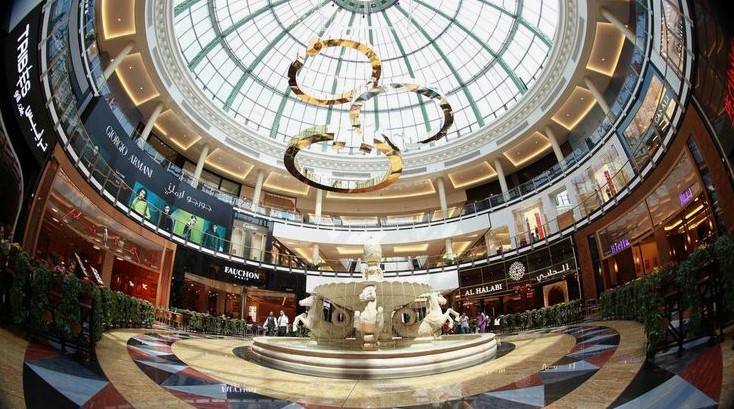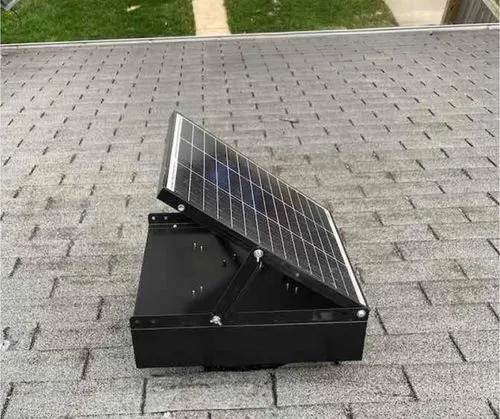Waterproofing and floor coating play a crucial role in modern construction, offering protection, durability, and aesthetic value to various surfaces. Whether in residential, commercial, or industrial settings, these techniques ensure that structures remain free from water damage and enhance their longevity. In this blog, we will explore the significance of waterproofing and floor coating, their benefits, types, and applications.
Understanding Waterproofing
1. What is Waterproofing?
Waterproofing is a protective process that prevents water from penetrating buildings, structures, and surfaces. It is essential for protecting foundations, walls, roofs, basements, and even floors from water-related damage, including mold growth, structural weakening, and material degradation.
2. Benefits of Waterproofing
- Prevents Structural Damage: Water infiltration can lead to cracks, deterioration, and weakening of the building structure over time.
- Enhances Longevity: Proper waterproofing increases the lifespan of a structure by preventing moisture-related wear and tear.
- Mold and Mildew Prevention: Waterproofing prevents the buildup of mold and mildew, which can lead to health issues and property damage.
- Increases Property Value: A well-maintained and waterproofed structure has a higher resale value due to its durability and reduced maintenance costs.
- Energy Efficiency: Waterproofing solutions help in temperature regulation, reducing energy consumption for heating and cooling.
3. Common Types of Waterproofing
- Cementitious Waterproofing: A popular choice for water-retaining structures like swimming pools and basements due to its ease of application.
- Liquid Waterproofing Membrane: Applied as a thin coating that forms a flexible waterproof layer, ideal for roofs and terraces.
- Bituminous Waterproofing: Utilizes asphalt-based materials, suitable for foundations and concrete structures.
- Polyurethane Waterproofing: Highly effective in sealing surfaces with high moisture exposure, often used for bathrooms and balconies.
- Sheet Membrane Waterproofing: Prefabricated sheets that provide strong water resistance, commonly used in tunnels and large infrastructure projects.
Exploring Floor Coating
1. What is Floor Coating?
Floor coating is the application of protective layers on flooring surfaces to enhance durability, resistance to wear and tear, and aesthetic appeal. Floor coatings are essential for various environments, including industrial warehouses, commercial spaces, hospitals, and residential areas.
2. Benefits of Floor Coating
- Increased Durability: Floor coatings protect against abrasion, chemicals, and mechanical impact, extending the life of flooring surfaces.
- Enhanced Safety: Many floor coatings provide anti-slip properties, reducing the risk of accidents in workplaces and homes.
- Aesthetic Appeal: Coatings come in various colors and finishes, enhancing the visual appeal of floors.
- Chemical and Stain Resistance: Floor coatings protect against spills, stains, and chemical exposure, making cleaning and maintenance easier.
- Cost-Effective Maintenance: A coated floor requires less frequent repairs and maintenance, reducing long-term expenses.
3. Types of Floor Coating
- Epoxy Floor Coating: A durable and chemical-resistant option, ideal for industrial and commercial spaces.
- Polyurethane Floor Coating: Offers high resistance to UV rays and is often used in outdoor applications.
- Acrylic Floor Coating: A quick-drying and aesthetically pleasing coating used in decorative settings.
- MMA (Methyl Methacrylate) Floor Coating: Known for its rapid curing time and high resistance to extreme temperatures.
- Anti-Slip Floor Coating: Designed to enhance safety in areas prone to slips and falls, such as kitchens and wet zones.
Applications of Waterproofing and Floor Coating
1. Residential Applications
- Waterproofing: Used in basements, bathrooms, balconies, and roofs to prevent water damage.
- Floor Coating: Applied in garages, patios, and living areas to enhance durability and aesthetics.
2. Commercial Applications
- Waterproofing: Essential for high-rise buildings, shopping malls, and office complexes to protect structural integrity.
- Floor Coating: Used in restaurants, hotels, and retail stores to provide a long-lasting and appealing flooring solution.
3. Industrial Applications
- Waterproofing: Vital for factories, power plants, and manufacturing units to safeguard equipment and infrastructure.
- Floor Coating: Applied in warehouses, production units, and laboratories for chemical resistance and heavy-duty performance.
Choosing the Right Waterproofing and Floor Coating Solution
1. Factors to Consider
- Environmental Conditions: Assessing exposure to moisture, temperature fluctuations, and chemical interactions.
- Durability Requirements: Understanding the wear and tear expected in a given area to select an appropriate solution.
- Budget Constraints: Choosing cost-effective options that do not compromise quality and longevity.
- Aesthetic Preferences: Selecting coatings that match the design and visual appeal of the space.
2. Professional Installation vs. DIY
While some waterproofing and floor coating products are available for DIY application, hiring professionals ensures proper installation and long-term effectiveness. Experts use high-quality materials, advanced techniques, and industry standards to deliver optimal results.
Conclusion
Waterproofing and floor coating are essential investments for any building, ensuring protection, safety, and durability. Whether for residential, commercial, or industrial use, choosing the right solutions tailored to environmental conditions and specific needs is key to long-term structural integrity. By implementing effective waterproofing and floor coating strategies, property owners can enhance their spaces’ functionality, aesthetics, and value, reducing future repair costs and maintenance efforts.




